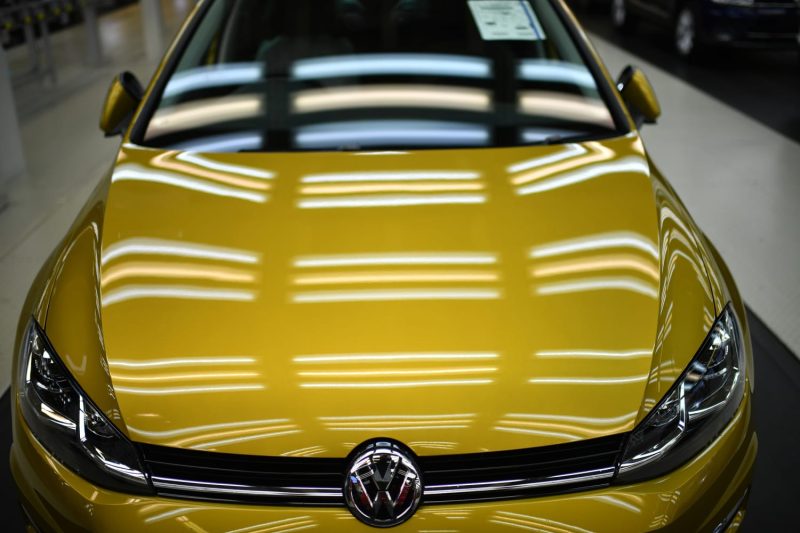
Urgent Alert: Volkswagen Pulls Back 261,000 Vehicles over Potential Fuel Tank Hazards!
The German automotive titan, Volkswagen, recently announced that it is recalling as many as 261,000 vehicles across various models due to a significant issue concerning the fuel tank. This recall is a proactive attempt by the company to address and rectify the issue adequately, reinstating the faith of countless users in the brand’s commitment to their safety.
The recall centers around a fuel tank problem that predominantly affects two popular models – The Golf and The Atlas. While the recall contains vehicles from the 2017-2019 model year, it is not comprehensive and only includes specific VIN numbers. For the Golf, the vehicles affected include the 2017-2019 Golf SportWagen, the 2019 Jetta, and the 2015-2019 Golf. As for the Atlas, the issue affects the 2018-2019 model years.
The reason behind this massive recall is an issue related to the fuel tank, more specifically, the fuel tank’s flange. A flange might seem like an insignificant part of a car, but its failure could lead to severe consequences affecting both the car’s performance and safety. The flange is designed to connect various sections of the fuel tank, ultimately ensuring that the fuel goes through the proper channels within the car. If this flange were to crack, it could potentially cause a significant fuel leak, which is not only detrimental to the vehicle’s proper functioning but also poses a substantial fire hazard.
Volkswagen became aware of the problem after receiving reports about a noticeable smell of fuel coming from the affected vehicles. The company conducted rigorous internal quality assurance procedures intending to identify the root cause, culminating in the decision to issue a voluntary recall. This decision stems from a careful risk-assessment process aimed at minimizing potential safety risks to drivers and other road users.
The recall process initiated by Volkswagen is thorough and customer-centric. The owners of the affected vehicles will be notified by mail, with instructions on the next steps that they need to take. Volkswagen will arrange for the defective parts to be replaced free of charge at a certified Volkswagen dealership or service center. Customers who had already paid to get the issue rectified will be eligible to get their expenses reimbursed.
In addition to fixing the immediate issue, Volkswagen is using this as an opportunity to overhaul their quality assurance processes. The company is seeking to identify how this fault managed to pass through their normally stringent quality checks in order to ensure that such issues are mitigated in future manufacturing cycles.
Despite the setback, experts see this recall as a testament to Volkswagen’s commitment to safety and customer satisfaction. The move by Volkswagen demonstrates a considerable emphasis on accountability and proactiveness, traits that consumers find desirable in a car company.
This specific recall situation serves a broader reminder of the importance of regular vehicle maintenance checks and the role of consumers in reporting any issues they observe with their vehicles. Through collaboration and transparency, manufacturers like Volkswagen can continue to produce high-quality and safe vehicles, upholding their reputation for reliability and meticulous German engineering.
